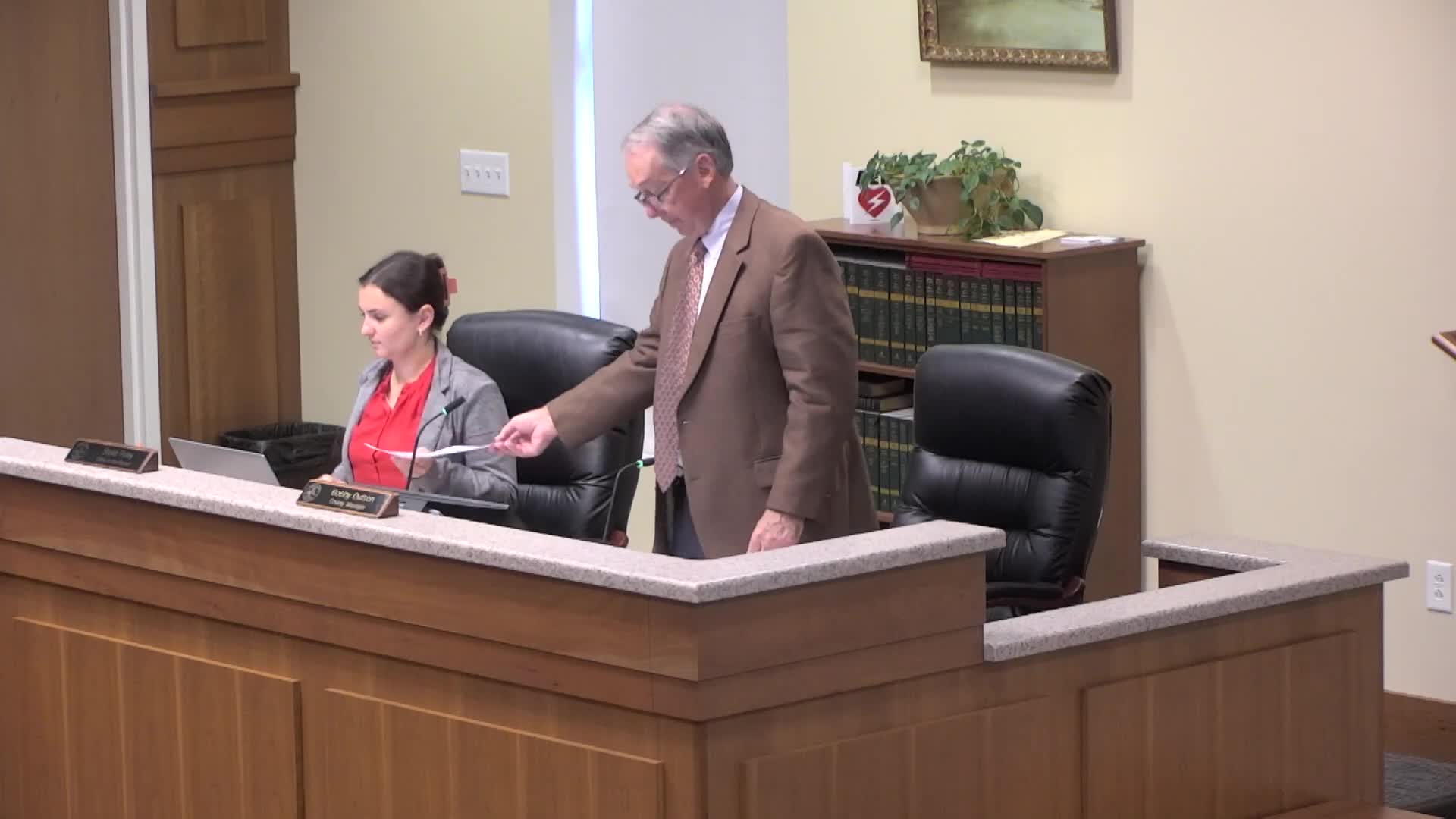Dare County adopts resolution opposing proposed blue crab harvest restrictions pending new stock assessment
Get AI-powered insights, summaries, and transcripts
Subscribe
Summary
The Board voted unanimously to oppose a proposed five‑month closure and/or a 10‑bushel limit for blue crab, urging managers to wait for a 2026 stock assessment and improve data collection methods before imposing restrictions.
The Dare County Board of Commissioners on Nov. 3 adopted a resolution opposing proposed blue crab harvest restrictions — including a possible five‑month closure and a 10‑bushel recreational limit — and urged the North Carolina Division of Marine Fisheries to wait for a new, comprehensive stock assessment due in 2026.
Commissioner Burris (mover) said the current compiled biomass assessment dates to 2018 and that interim assessments are preliminary. The resolution cites concerns that the stock assessment relies on trawl data while blue crabs are primarily caught by pots, and it calls for better data collection — including inviting NCDMF biologists to ride with local crabbers to observe the fishery.
County Manager Bobby Haney read the resolution, which argues that trip‑ticket data and changes in fishing effort affect landings; it warned that a multi‑month closure or a 10‑bushel limit could have “surmountable economic impact” for local communities and fishermen who depend on the fishery. The board unanimously approved the resolution and plans to take the county’s language to the coastal counties coalition for broader support.
What happens next: the county will present the resolution to the coastal counties fishing coalition and encourage regional partners to urge the Division of Marine Fisheries to finalize the 2026 stock assessment and to improve fishery data collection practices before adopting restrictions.
Why it matters: blue crab is an economically important coastal fishery for many coastal families and small businesses. Commissioners and fishermen argued that management decisions should be based on data reflecting pot fisheries and local water conditions, not solely on trawl indices.
